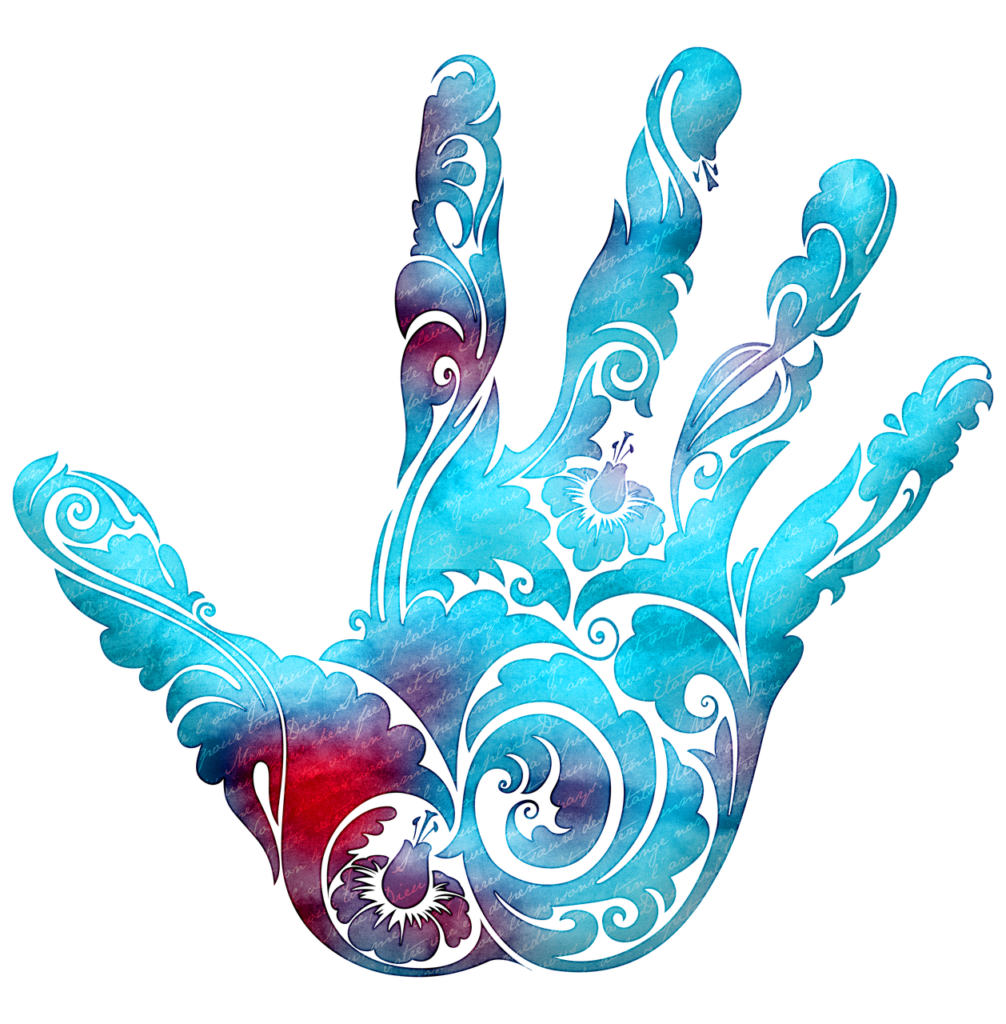Long Island Hypnosis
"All that we are is the result of what we have thought. The mind is everything. What we think we become." — Guatama Buddha
We can ensure those impacted by national crises receive prompt quality care and support by offering our therapeutic services exclusively on a remote basis.
This quote reflects my psychological approach to the problems people bring to me. My approach is as pragmatic as it is philosophical, as caring as it is confrontational and as serious as it is humorous. This may sound contradictory but life is not linear and therapy is a microcosm of life. The relationship that develops between a therapist and the client is the heart of the engine of change that defines therapy.

What I Offer
Anxiety
Do you experience racing and/or unwanted thoughts? Is your body more often than not, fatigued or restless? Do you exhibit irritability, fear, insomnia, abnormal heartbeat or body tremors? Do you actively avoid interactions with other people? That's anxiety. Hypnosis can help you with your anxiety where other methods have failed.
Eating Disorders
Bulimia, anorexia, body dysmorphic disorder, AFRID (Avoiding Restrictive Food Intake Disorder) and others, are devastating problems that can cause harm not only to your own body, but to your family and friends, as well. The self-loathing emanating from someone suffering from these disorders is palpable, and there is no single way to guarantee freedom from its clutches. Clinical hypnosis, however, can help you get on the right track of behavioral change.
Depression
Are you plagued by unexplained feelings of sadness or loss of interest in life? Do you lack energy and motivation? Do you harm yourself, deprive yourself of food, or eat when you aren't even hungry? You're depressed. Hypnosis and therapy is a potent combination used to combat these symptoms and address the core issue: fixing your world view for the better.
Habit Control
Pain Management
If you are suffering from physical pain, chronic or otherwise, hypnosis may be able to help, thanks to the relationship between the body and the mind. There is long-standing clinical research behind the use of hypnosis as a pain management technique. Clinical hypnosis may help to decrease your sensitivity to pain and improve your outcome after undergoing medical treatment.
Addiction
Whether you are addicted to drugs, alcohol, nicotine, gambling, video games, pornography, or shopping, addressing the issue with insight-oriented psychotherapy mixed with hypnosis may enable a paradigm shift in your lifestyle. Cut your cravings, learn to control your urges, and attain a new perception of your body and your self.
Sports Psychology
"The yips" I am defining as an anxious reaction while engaged in competition that throws an athlete off their game. It's really a form of a panic attack that lessens confidence and focus. This can happen on all levels of sports, particularly in individual sports like tennis and golf. A combination of psychotherapy and hypnosis can help to ameliorate this pestering problem.
Dr Daniel Hutt DSW, LCSW holds a Doctorate in Clinical Social Work. He has extensive training in Psychotherapy, Hypnosis, Family Therapy, Marital Therapy and Child and Adolescent Psychology
The problems that I treat range from anxiety, depression, relationship issues, eating disorders, and sleep issues to addiction and weight loss. I use hypnosis in much of my work.
Hypnosis used in a clinical, therapeutic context can very often turbocharge a client's progress in a particular area. I use traditional hypnosis and also hypnotic age regression.
Areas within the spectrum of anxiety disorders include: Social anxiety, performance anxiety in any arena (such a sports, public speaking, and performance arts), and test anxiety.
All manifestations of anxiety, including panic attacks, free floating anxiety, obsessive compulsive disorder (OCD), post traumatic stress disorder (PTSD), and generalized anxiety disorder, are treatable with a combination of hypnosis and psychotherapy — hypnotherapy.
- Personal consultation
- Group therapy
- Online therapy
- Unique technique
- Couple problems
- Private therapies


Most Popular Questions To Discuss Mental Health
Mental health includes our emotional, psychological, and social well-being. It affects how we think, feel, and act. It also helps determine how we handle stress, relate to others, and make choices. Mental health is important at every stage of life, from childhood and adolescence through adulthood.
- Look after your body. …
- Stick to your routine. …
- Keep a diary. …
- Value yourself. …
- Manage your stress levels. …
- Learn what to look out for when your mental health and wellbeing takes a dip. …
- Talk with someone you trust. …
- If you need to cry, then cry.
Prevention. There’s no sure way to prevent mental illness. However, if you have a mental illness, taking steps to control stress, to increase your resilience and to boost low self-esteem may help keep your symptoms under control.
People with mental illnesses can recover and live long and healthy lives.